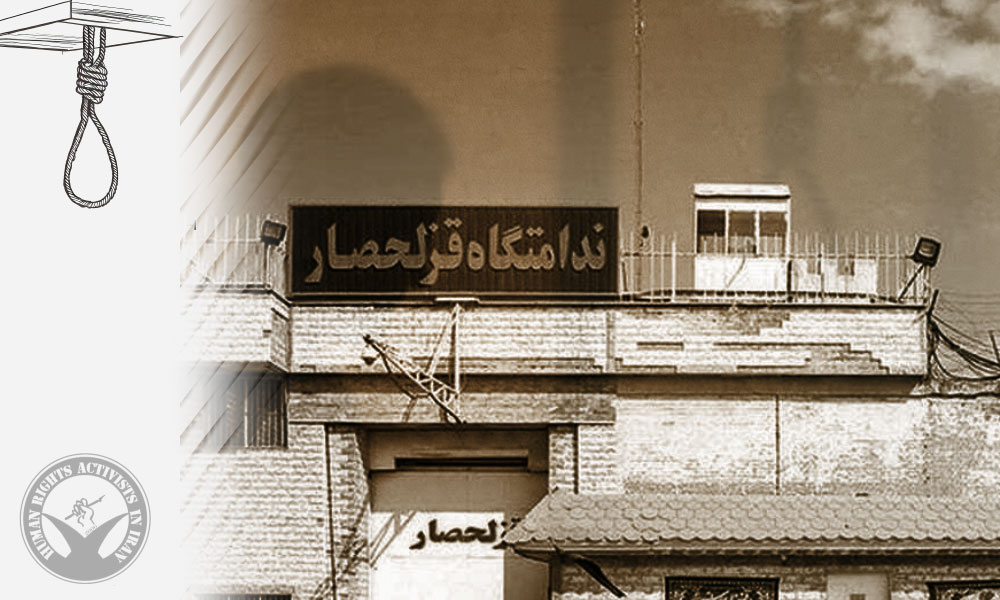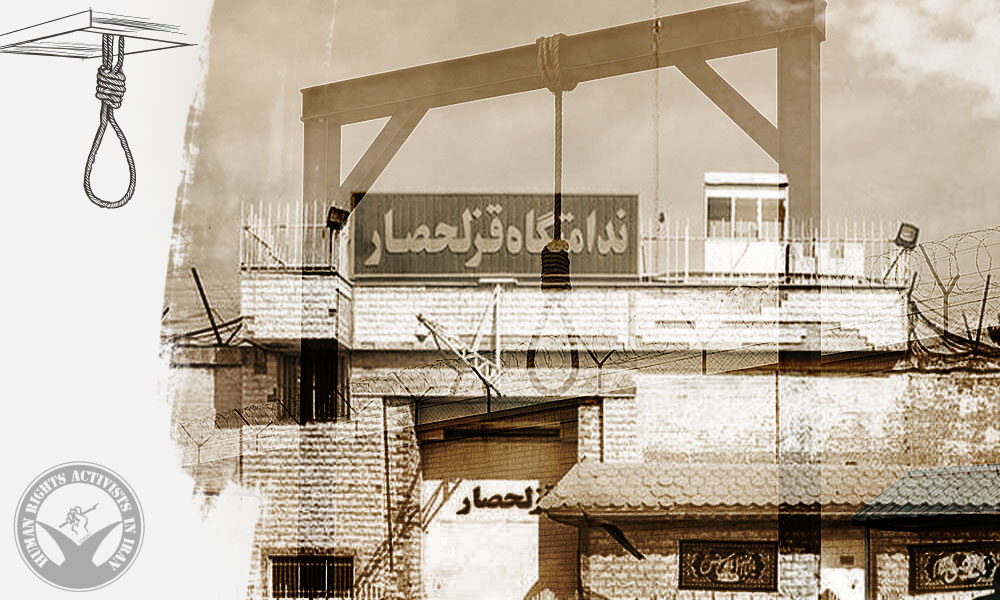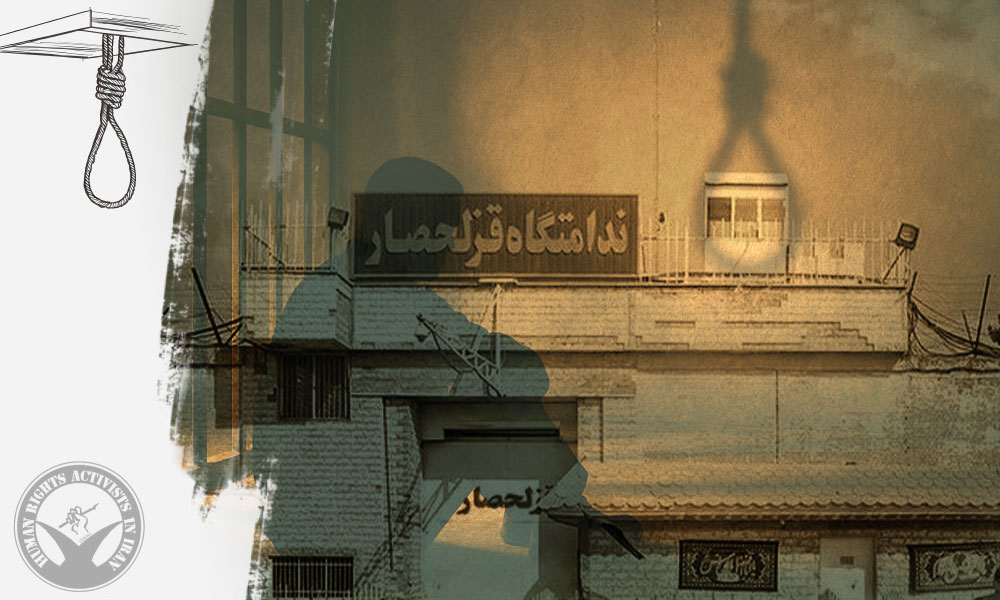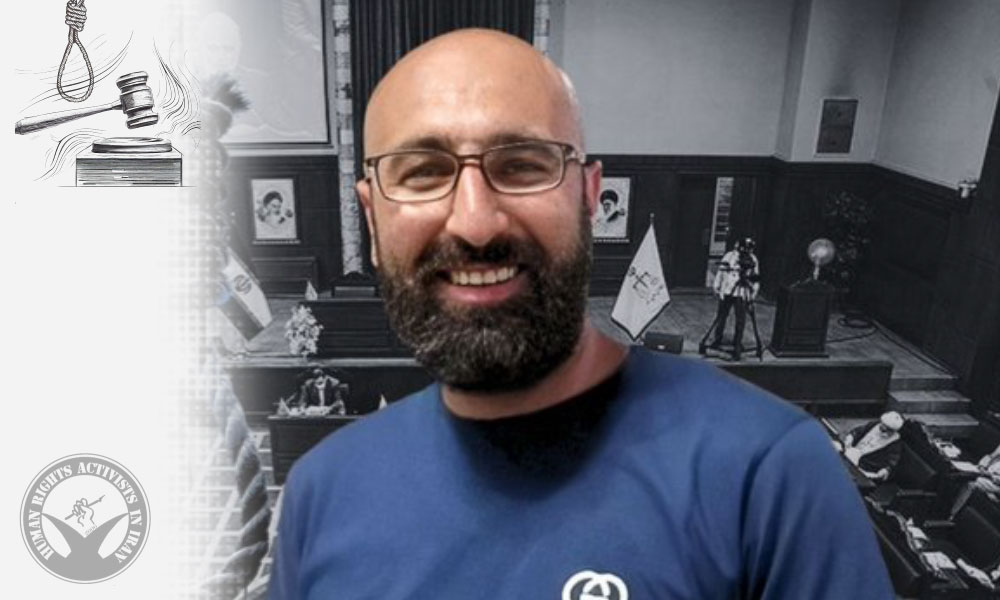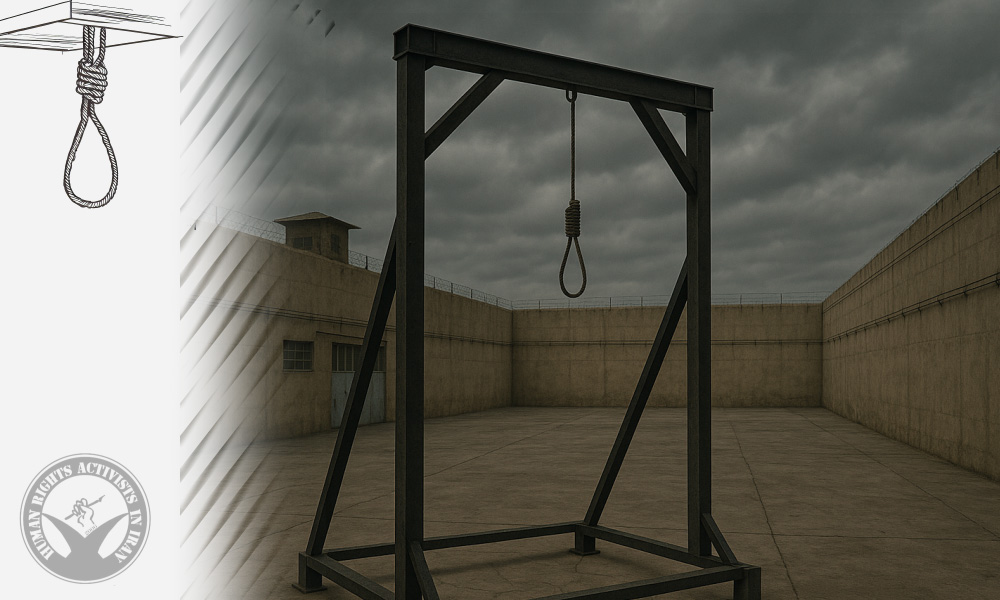HRANA – Today, September 2, four prisoners were executed in Ghezel Hesar Prison.
HRANA has identified one of the executed prisoners as Hooman Geravand from Kuhdasht. He had previously been arrested on drug-related charges, sentenced to death, and spent 18 years in prison.
The identities of the three other prisoners are still under investigation. One of them had earlier been sentenced to death by the court on charges of membership in the “ISIS” group.
The two remaining prisoners were executed despite no details of their cases being released, and judicial authorities have yet to officially confirm their executions.
According to HRANA’s statistics, Ghezel Hesar Prison in Karaj carried out the highest number of executions among all Iranian prisons, with 150 inmates hanged. This figure has nearly doubled compared to the previous year — a deeply alarming increase that underscores the escalating use of capital punishment in Iran.



